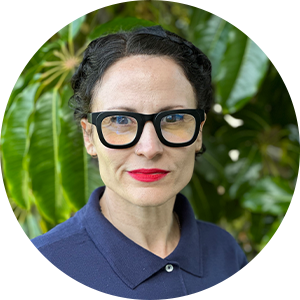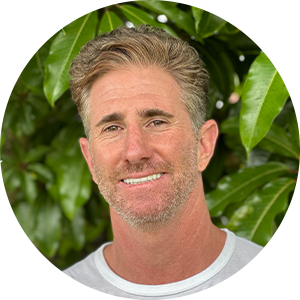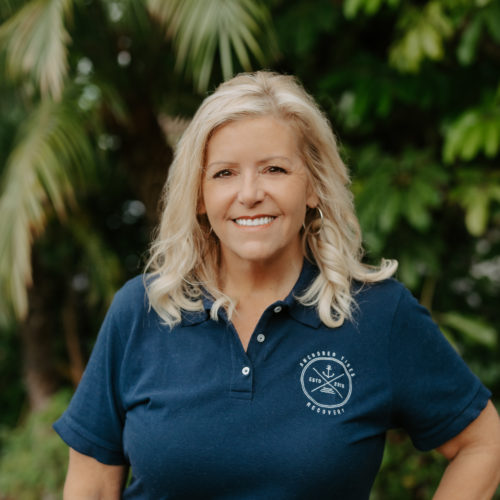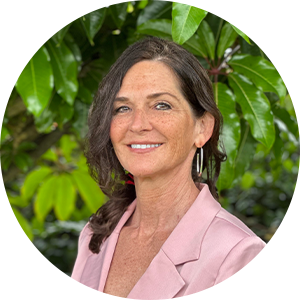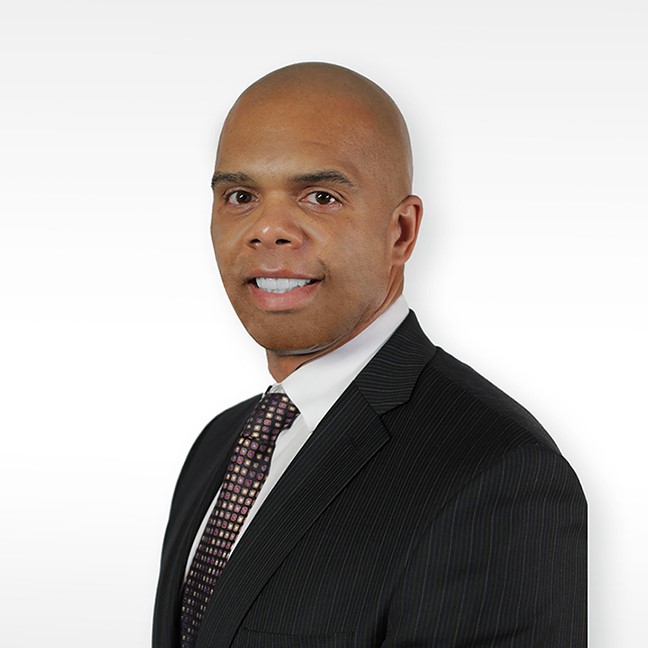
Once you’ve completed addiction treatment, you will probably want to look for a job. While some recovering addicts will have jobs to return to after treatment, others aren’t as lucky. The initial job search may be challengings as there can be barriers that recovering addicts face that non addicts don’t. One of these barriers is being ’employable’. Some potential employers may view a gap in employment as a negative thing.
But please don’t let this discourage you as there are plenty of professional opportunities available for those leaving addiction treatment. Keep reading below to learn some tips and tricks on how to find a job after rehab.
How To Find a Job After Rehab
At Anchored Tides Recovery we understand the challenges a recovering addict may face trying to find employment. Below are a few suggestions on how to get started on the job search:-
Think About What You’re Passionate About
- Taking standardized career tests
- Making a list of things that interest and motivate you
- Talking to your friends and family to get more insight
-
Volunteer at First
-
Go Back To School for a Specialized Degree
-
Work at an Addiction Treatment Center




